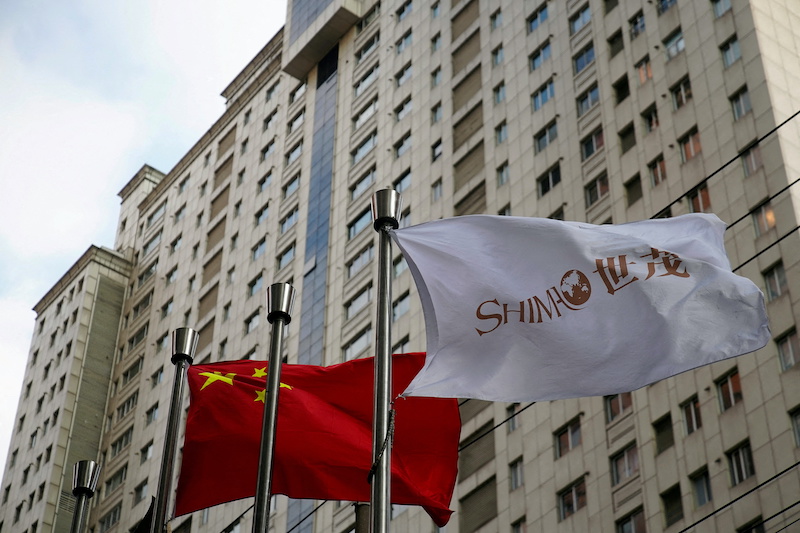Shimao Group fell more than 11% and CIFI Holdings dropped more than 10% in another lacklustre trading day on Wednesday for embattled Chinese property developers.
Shimao is reportedly seeking buyers for nearly 40 projects to shore up its liquidity, as 20 billion yuan ($3.1 billion) of bond repayments loom.
The developer is still negotiating with CITIC Trust over 6 billion yuan in trust products, and its asset-backed note due this month could miss repayment, according to ChinaMoney.
Last week, Moody’s cut its rating on Shimao by two notches, to Caa1 from B2, and lowered its outlook to negative, down from “ratings under review”.
The ratings agency expects Shimao will find it harder to repay investors in time as contracted sales fall and the developer needs cash to keep projects afloat.
S&P Global Ratings said last week the auditors for Shimao’s mainland China subsidiary, Hopson Development Holdings, and China Aoyuan Group had all resigned in late January.
Shanghai-based CIFI raised US$150 million in an offshore bond issuance in January, according to BRI data cited by the South China Morning Post in Hong Kong.
Daiwa Capital Markets analysts Cynthia Chan and William Wu said CIFI was one of China’s more “financially strong developers”.
- George Russell
READ MORE:
Shimao Shares, Bonds Plunge on New Signs of Liquidity Stress
Fears Over $174m Notes Backed by China Developer Shimao
Shimao Group Sells Hyatt on the Bund as Asset Disposal Intensifies
























